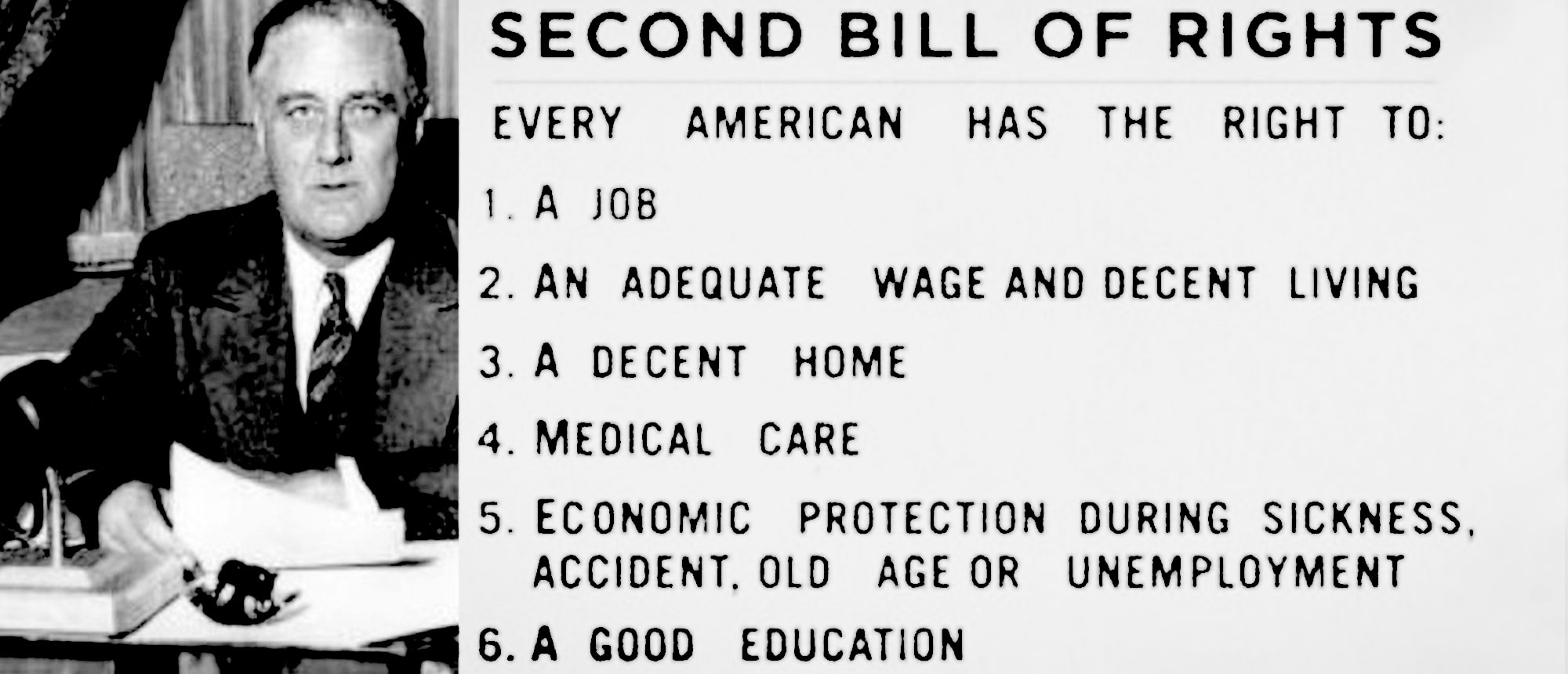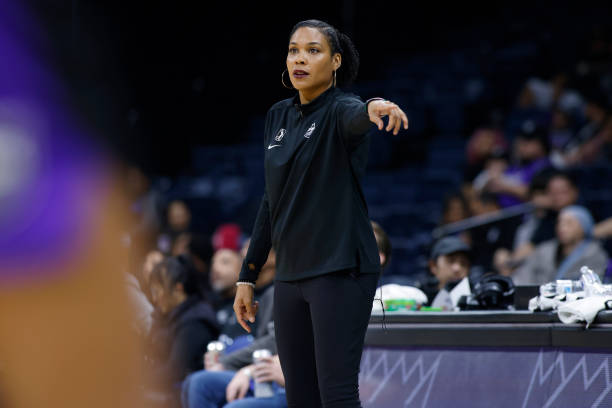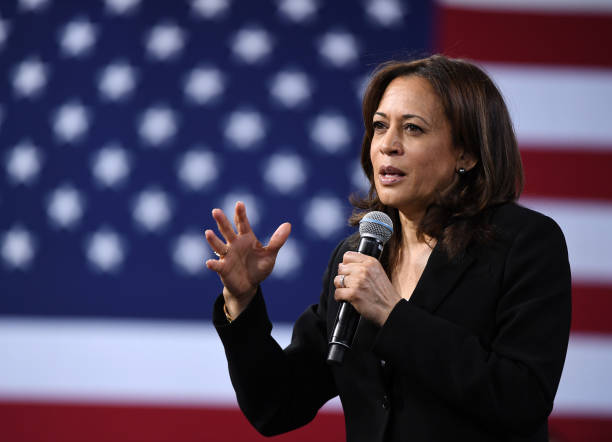(ThyBlackMan.com) The U.S. Bureau of Justice Statistics estimates that as of 2008, there were more than 846,000 black men in prison, making up 40.2 percent of all inmates in the system. More African-American men are in prison or jail, on probation or parole than were enslaved in 1850, before the Civil War began. Black male achievement begins to decline as early as the fourth grade and by high school, black males are more likely to drop out. In 2001, only 42.8 percent graduated from high school, compared to 70.8 percent for their white counterparts. African-American men are more than twice as likely to be unemployed as white males, and black males who work in comparable jobs earn only 75 percent of what white men earn.
What is mentoring?
Mentoring is a time-proven strategy that can help young people of all circumstances achieve their potential. Mentors are caring  individuals who, along with parents or guardians, provide young people with support, counsel, friendship, reinforcement and a constructive example. But mentoring is not a one-size-fits-all proposition. Every young person who would benefit from a mentoring relationship has individual needs. Effective mentoring programs offer enough flexibility to help meet each mentee’s personal needs, yet allow mentoring relationships to flourish within a safe structure.
individuals who, along with parents or guardians, provide young people with support, counsel, friendship, reinforcement and a constructive example. But mentoring is not a one-size-fits-all proposition. Every young person who would benefit from a mentoring relationship has individual needs. Effective mentoring programs offer enough flexibility to help meet each mentee’s personal needs, yet allow mentoring relationships to flourish within a safe structure.
6 Reasons why mentoring works:
Both formal and informal mentoring have the potential to benefit black boys in a range of areas, including academics (e.g., grades), social-emotional well-being (e.g., relationships with others), mental health (e.g., alcohol use), and preventing risky behaviors (e.g., sexual activity).
- Cultural mistrust may influence black boys’ perceptions of their white mentors and thus the quality of their relationships with them.
- Mentoring may be able to lessen the negative effects of racial discrimination on Black boys.
- Group mentoring approaches seem to support Black male youth’s social-emotional development through group processes (e.g., unity, brotherhood, trust).
- Mentoring that promotes Black boys’ racial identity may in turn lead to positive effects in other aspects of their lives (e.g., academic outcomes). This process may be facilitated by connecting Black male youth with mentors who have shared life experiences; engaging Black men as mentors has the potential to be useful in this regard, although it should be noted that research to inform the possible merits of this strategy is largely lacking.
- Research suggests that Black men are more likely to serve as informal rather than formal mentors and that they experience barriers to serving as mentors in formal mentoring programs.
- Developing close and supportive mentoring relationships may be a mechanism by which mentoring promotes positive outcomes in Black boys.
Black boys may have less access to informal mentors compared to Black girls.
One of the biggest challenges in serving youth especially a black male youth is determining how to meet the broader, collective needs of that group while also allowing for mentoring to be tailored to the needs of the individual. This certainly comes into play when thinking about Black boys and young men in our programs. As noted previously, each individual will have diverse needs, life histories, and life goals, even if there are some aspects of being Black in our society that are perhaps more universal.
Mentoring programs are encouraged to be bold actors in this conversation and to work with other community leaders to address the systemic and deeply rooted reasons behind the inequality and injustice that haunt too many of the black male youth who come looking for mentors. The focus of a program’s work should always be on the quality and consistency of the mentoring provided. But purposefully engaging in actions to address root causes of poverty, inequality, and injustice is also essential to the work.
Mentoring is always about building up the potential of individuals to live the lives they want, but there also needs to be a recognition that those lives don’t happen in a vacuum and that mentored youth will have an easier time reaching their goals if there are efforts to improve the communities they live in. Programs should consider making it a priority to offer mentees and mentors a chance to be engaged in their community, to give back through service projects or other activities. Also, look for opportunities for your program to work with others to reduce the inequality and systemic racism that plague so many American cities that house our young black men.
Staff Writer; Amber Ogden
One may also view more of her work over at; AmberOgden.com.
Also connect via Instagram; 1amberogden and Twitter; MsAmberOgden.




















AFRICAN AMERICANS ARE NOT BLACK
It amazes me how many of you are still brainwashed to call yourselves BLACK. Black is not an identity and scientifically black is not even a color. It is next to nothing. Black is the “color” of your car tires, not your skin. The white oppressive slave trader called you black and himself white to set up a contrast and to attach negative images and denotations to you based on a lie about color. Look up BLACK in the dictionary.
Research even shows that blacks are perceived by other groups as very different from African Americans. But we still keep calling ourselves what someone else defined us as, what we are not and what has a negative dictionary denotation in society. WAKE UP. LOOK AT THE REAL COLOR OF YOUR SKIN. YOU ARE NOT BLACK. You are an African American. The lie of calling us black and defining us by color (the wrong color) has been in place so long that our people accept it as truth – but it’s not. Know your colors.
Native Americans do not allow others to call them red men. Asians do not accept being called yellow men. Hispanics do not answer to “what’s up brown man”. And Caucasians are not white, notebook paper is white. Wake up and see the plan where white racist supremacists plotted to redefine our people from Africa. STOP CALLING YOURSELF SOMETHING THAT YOU ARE NOT!
AFRICAN AMERICANS ARE NOT BLACK.
Black is the “color” of your car tires, not your skin author. Being called “black” is a lie and it should be offensive. Haitians, Jamaicans and even Africans do not accept being called “black”, Why do you think that is? They are identified by tribes, klans, geographic areas and their respective countries. By using the very term black to describe us, we are doing the following:
1. Using a term white oppressors and slave masters gave us.
2. Letting someone else define us other than our own people.
3. Calling ourselves something we are not.
4. Buying into thee lie and the negative denotation. Check the dictionary.
5. Being set apart in a way that no other ethnic group allows. Native Americans are not called Red Man. Asians are not called Yellow Man. Hispanics are not called Brown Man. They do not and will not accept being defined by color and by some other race or ethnic group at that.
6. Ignoring our actual color (brown) which means brainwashing has worked. Any time someone can get an entire race, ethnic group or culture to ignore what they are and call themselves what they factually are not, THEY HAVE BEEN INDOCTRINATED, ASSIMILATED AND BRAINWASHED.
7. Playing right into the oppressor’s profiles and stereotypes. Did you know studies show there is a different perception of black people than there is of African Americans? Words create perceptions and perceptions create actions towards us.
WAKE UP. You know your colors. And even though others around the world equated our ancestors with the color of the soil in Africa or the meaning of negro/negroid, that does not change the fact that WE ARE BROWN – NOT BLACK.